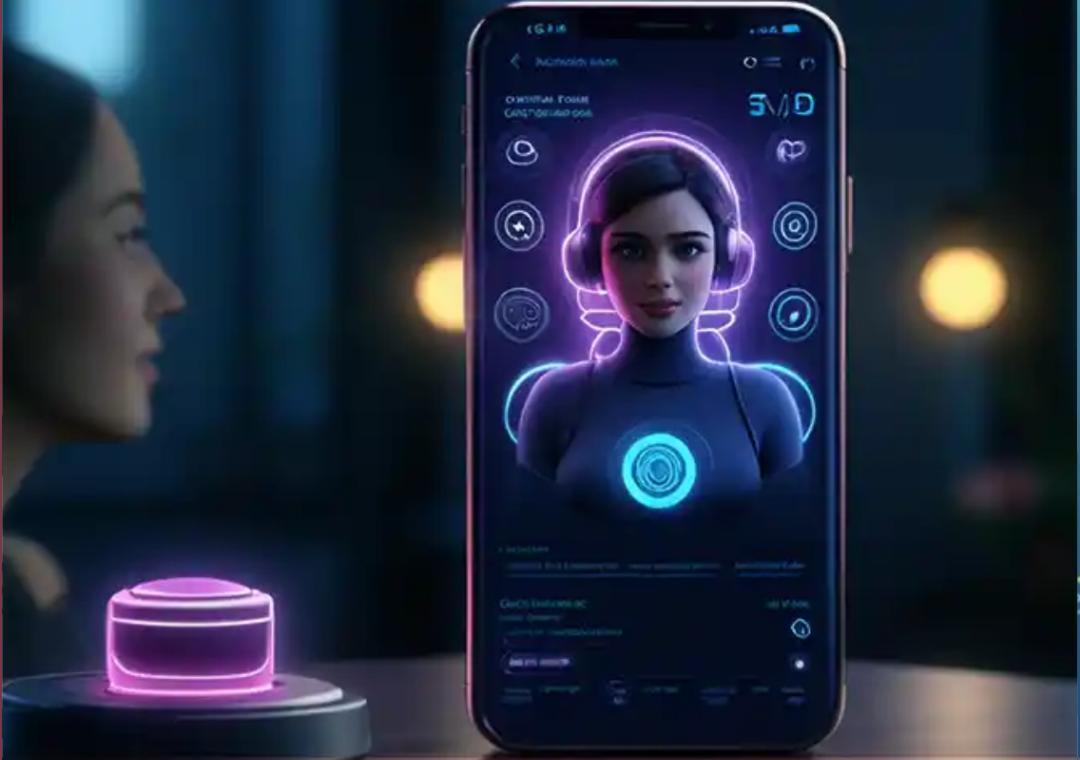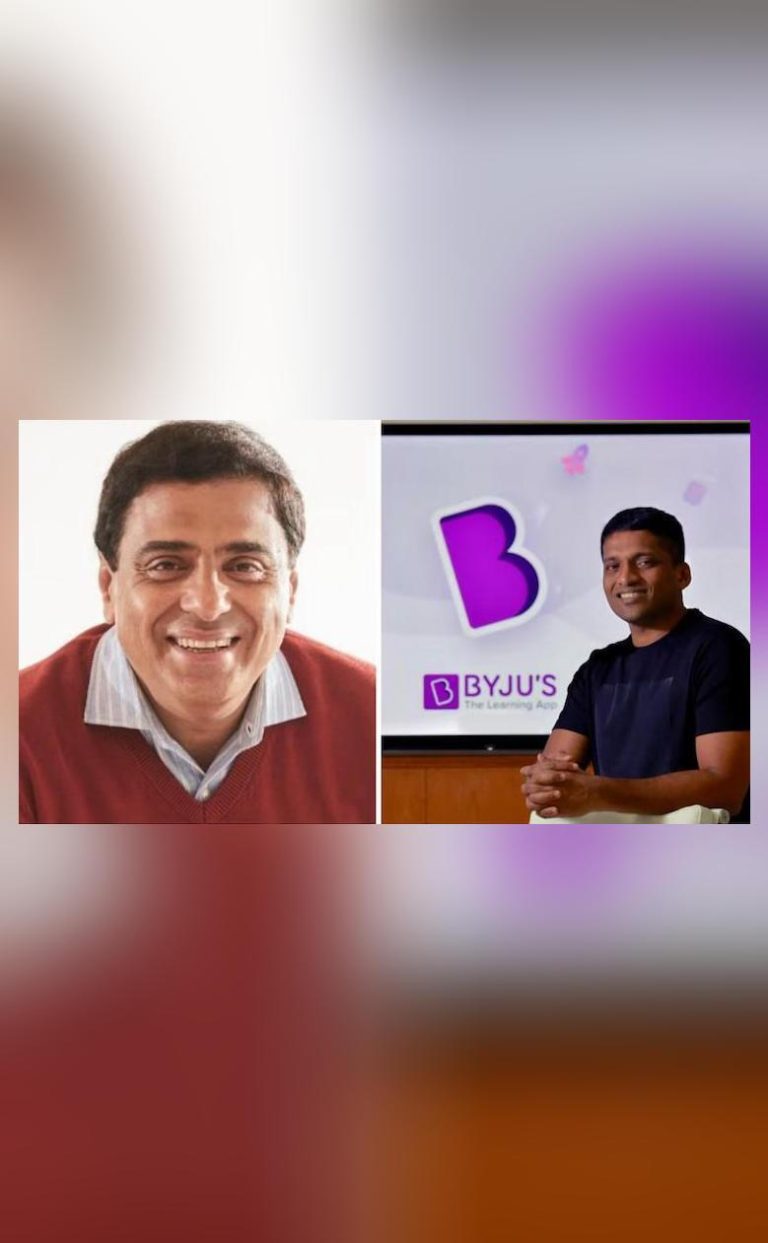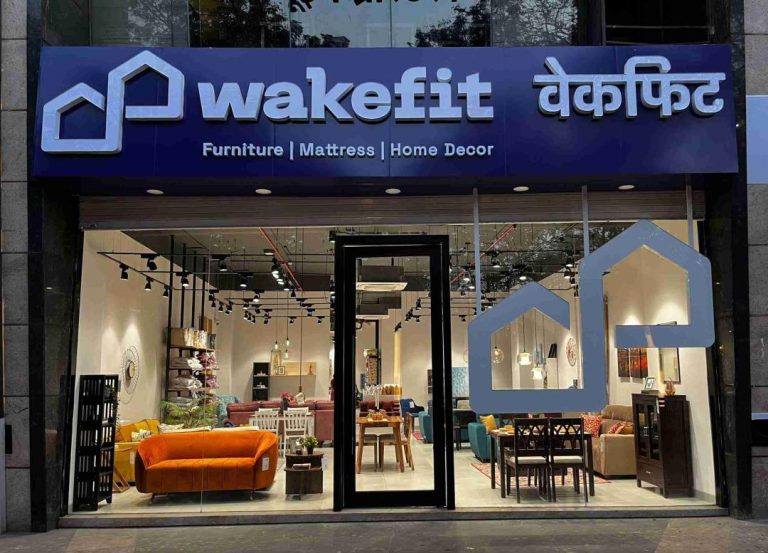
Insta Grabs Attention Fast; FB Builds Lasting Community & Loyalty
In the world of social media, attention is currency. Marketers and brands are constantly vying for eyeballs, clicks, and engagement. Two behemoths of the online landscape, Instagram and Facebook, are often pitted against each other in the battle for relevance. But, which platform is better suited for building brand recall and loyalty? The answer lies in understanding the fundamental nature of each platform.
Instagram, with its visually-driven feed, is designed to grab attention quickly. Its algorithm prioritizes content that is new, fresh, and attention-grabbing. Your post is visible for a short time before it’s pushed down by the constant stream of new content. This fleeting nature of Instagram content is both a blessing and a curse. On one hand, it allows you to get your message out quickly and reach a large audience. On the other hand, it’s easy for your content to get lost in the noise.
Facebook, on the other hand, is built for community and conversation. Its algorithm favors content that sparks dialogue, encourages engagement, and fosters a sense of community. Your post can linger for hours, days, or even weeks, generating comments, shares, and conversations. Facebook is the perfect platform for building lasting relationships with your audience.
So, which platform is better for building brand recall and loyalty? The answer is: both. Instagram’s immediacy and Facebook’s stickiness offer unique advantages. To reap the benefits of both, you need to understand the strengths and weaknesses of each platform.
The Case for Instagram
Instagram’s fast-paced environment is perfect for:
- Attention-grabbing content: Instagram’s algorithm prioritizes visually stunning and attention-grabbing content. Use high-quality images, videos, and stories to capture attention and drive engagement.
- Real-time marketing: Instagram is perfect for real-time marketing, such as promoting new products, services, or events. Post timely and relevant content to capitalize on current trends and conversations.
- Influencer marketing: Instagram’s influencer marketing landscape is vast and lucrative. Partner with influencers who have a large following and are relevant to your niche to increase brand awareness and reach.
- Short-term campaigns: Instagram is ideal for short-term campaigns, such as promotions, contests, or limited-time offers. Create a sense of urgency and encourage engagement with a clear call-to-action.
The Case for Facebook
Facebook’s community-driven environment is perfect for:
- Long-term relationships: Facebook is ideal for building long-term relationships with your audience. Share behind-the-scenes content, company news, and personal stories to humanize your brand.
- Discussion and engagement: Facebook’s algorithm favors content that sparks discussion and engagement. Encourage comments, shares, and likes by asking thought-provoking questions or sharing relevant content.
- Community building: Facebook is perfect for building a community around your brand. Create groups, join relevant conversations, and engage with your audience to establish your brand as a thought leader.
- Content sharing: Facebook’s content sharing capabilities allow you to extend the shelf life of your posts. Share valuable content, such as blog posts, videos, or infographics, to educate and engage your audience.
The Sweet Spot: Where Instagram and Facebook Meet
While Instagram is perfect for attention-grabbing content and Facebook is ideal for building long-term relationships, the two platforms are not mutually exclusive. By combining the strengths of both, you can create a powerful social media strategy that drives engagement, conversions, and loyalty.
Here are a few ideas to get you started:
- Share Instagram content on Facebook: Share your Instagram posts on Facebook to reach a broader audience and extend the shelf life of your content.
- Encourage Facebook engagement on Instagram: Use Facebook comments and shares to drive engagement on Instagram. This will increase the visibility of your content and encourage more likes and comments.
- Create a Facebook group for Instagram followers: Create a Facebook group specifically for Instagram followers to discuss topics related to your niche or industry. This will encourage engagement, build a sense of community, and establish your brand as a thought leader.
- Use Instagram Stories to drive Facebook engagement: Use Instagram Stories to drive engagement on Facebook. Share behind-the-scenes content, sneak peeks, or exclusive offers to encourage people to share and comment on your Facebook posts.
Conclusion
In conclusion, Instagram and Facebook are not competitors, but rather complementary platforms that offer unique advantages. By understanding the strengths and weaknesses of each platform, you can create a social media strategy that drives engagement, conversions, and loyalty. Insta grabs attention fast, while FB builds lasting community and loyalty. By combining the two, you can create a powerful online presence that sets your brand apart from the competition.
Source:
https://www.growthjockey.com/blogs/instagram-vs-facebook-user-preferences-and-engagement






